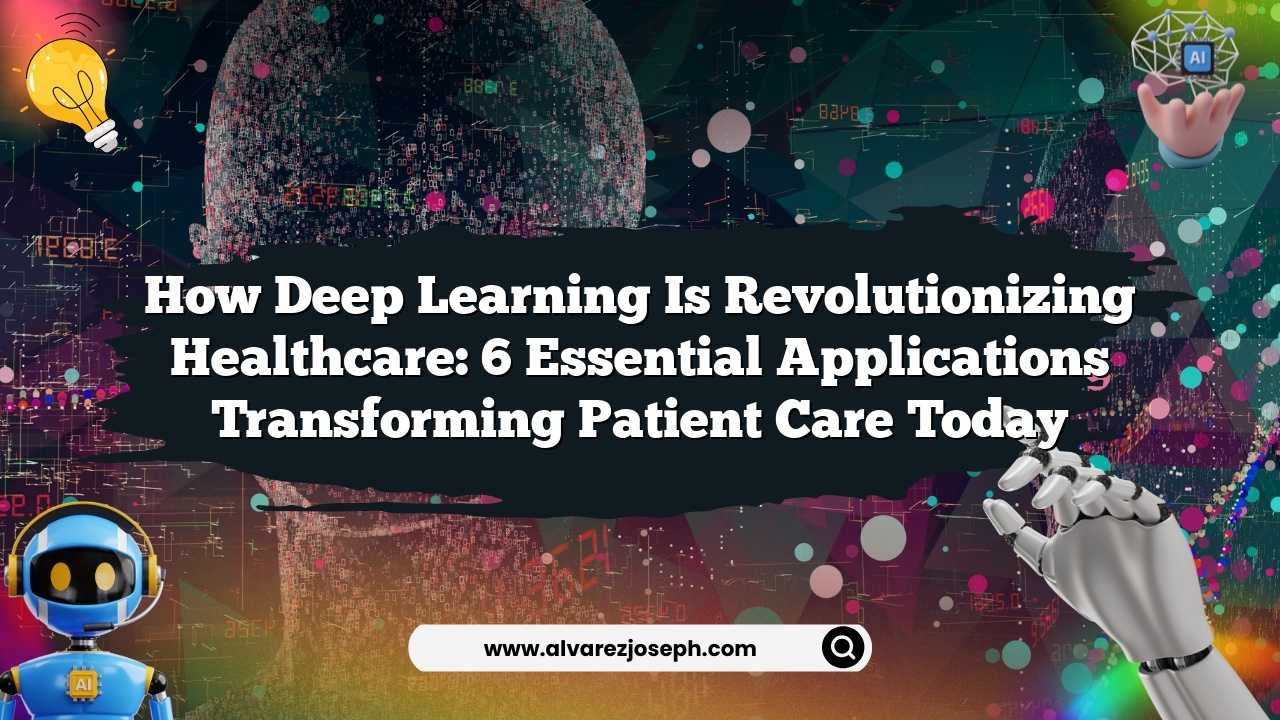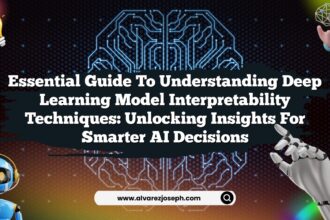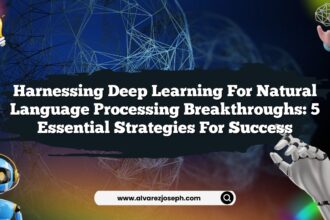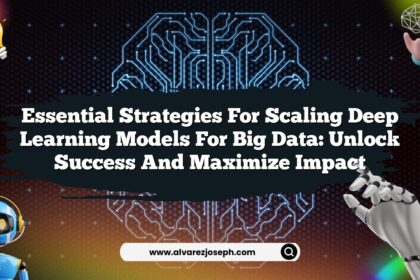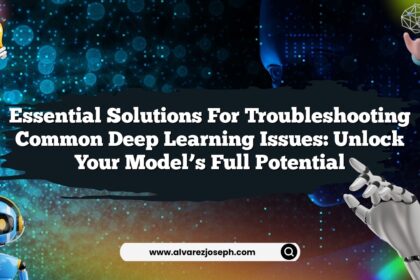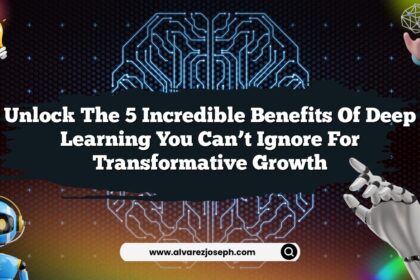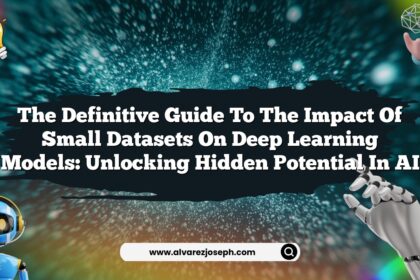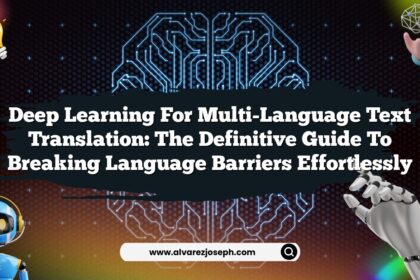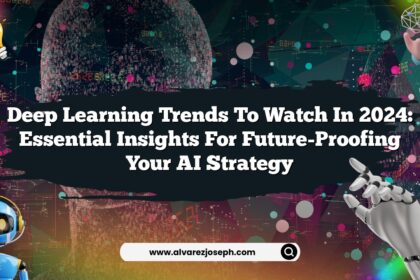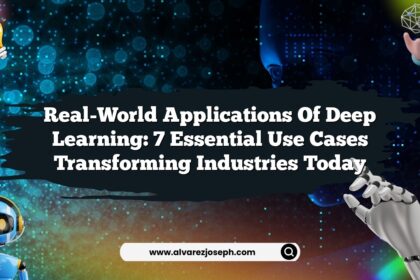Imagine waking up one day to find out that your doctor now uses artificial intelligence to diagnose diseases faster than an episode of your favorite medical drama can unfold. Surprising, right? The world of healthcare has been turning heads and, let’s face it, making us all a bit envious with its swift advancements thanks to deep learning. This revolutionary technology is not just a buzzword tossed around at tech conferences; it’s reshaping patient care in ways that are as impactful as they are innovative. From diagnosing diseases to predicting patient outcomes, deep learning applications are the front-runners in the healthcare revolution.
As we navigate through this transformation, we will explore six essential applications of deep learning that are currently making waves in the healthcare sector. Buckle up, because this is going to be an exhilarating ride through algorithms, data, and heartwarming patient stories!
Revolutionizing Diagnostics with Deep Learning
One of the most exciting applications of deep learning in healthcare lies in its ability to enhance diagnostic accuracy. Traditional diagnostic methods often require manual assessment, which can be time-consuming and prone to human error. Enter deep learning, a powerful subset of artificial intelligence that analyzes vast amounts of data with astonishing speed and precision.
For instance, consider the work being done in radiology. Deep learning algorithms can examine medical images—like X-rays, CT scans, and MRIs—at lightning speed, identifying patterns that human eyes might miss. A study published in Nature found that a deep learning algorithm could detect breast cancer in mammograms with an accuracy that surpassed human radiologists. Can you imagine the potential lives saved by catching these diseases earlier?
The most heartwarming example comes from a hospital in Amsterdam, where doctors used deep learning algorithms to detect pneumonia in chest X-rays. The results were staggering: the algorithm outperformed seasoned radiologists, leading to faster treatment for patients. But this isn’t where the story ends…
Advancing Personalized Medicine Through Predictive Analytics
Now that we’ve established how deep learning is shaking up diagnostics, let’s dive into the world of personalized medicine. This concept is all about tailoring medical treatments to the individual characteristics of each patient. Thanks to deep learning, we can now analyze a patient’s genetic information and past medical history to predict how they’ll respond to different treatments.
Imagine you’ve just been diagnosed with cancer. In the past, treatment plans were often standardized. Today, however, deep learning models can predict which chemotherapy drugs will work best for you based on your unique genetic makeup. A study published in The Lancet showcased how deep learning models could predict outcomes for cancer patients with an accuracy of over 90%. This means fewer side effects and higher chances of remission, all tailored to your genetic profile.
But hold on—there’s more! The predictive capabilities of deep learning extend beyond oncology, influencing fields like cardiology and diabetes management. For example, AI can analyze patterns in your glucose levels to forecast potential spikes, allowing for real-time adjustments in insulin delivery. How incredible is that?
Transforming Patient Monitoring with Wearable Technology
Let’s switch gears and talk about patient monitoring. Thanks to advancements in wearable technologies, deep learning is continually analyzing data collected from devices like fitness trackers and smartwatches. These devices can monitor various health metrics, from heart rate to sleep patterns, providing real-time insights into a person’s health.
The magic happens when deep learning algorithms sift through this data. They can detect irregularities, such as abnormal heart rhythms or drastic changes in activity levels. Imagine you’re at home lounging on your couch, and your smartwatch buzzes, alerting you to an irregular heartbeat. Instead of shrugging it off, you head to the doctor’s office, where early detection could prevent a heart attack.
The HealthKit initiative from Apple is a prime example of this technology in action. By integrating deep learning with health data from their devices, users can receive personalized health recommendations and alerts. It’s like having a personal health coach on your wrist—only, this one is much more reliable than your friend who swears by detox teas!
Enhancing Drug Discovery with AI-Driven Insights
The drug discovery process has long been a slow and expensive journey, often taking over a decade and billions of dollars to bring a new drug to market. But deep learning is about to change that narrative. By analyzing existing research and clinical trial data, AI can identify potential drug candidates at a fraction of the time and cost.
Take the case of Atomwise, a startup that uses deep learning to predict how different molecules will behave. They screened millions of compounds to identify potential treatments for diseases like Ebola and multiple sclerosis. The result? Faster identification of promising candidates, ultimately leading to quicker implementations.
Imagine a world where new treatments for chronic diseases are unveiled within months instead of years. This isn’t just a dream; it’s becoming a reality, thanks to the innovative applications of deep learning in drug discovery.
Streamlining Administrative Tasks in Healthcare
It’s not all about diagnosis and treatment—deep learning is also revolutionizing the behind-the-scenes operations of healthcare. Administrative tasks, often the bane of healthcare workers’ existence, can be streamlined using AI-driven solutions, freeing up valuable time for patient care.
Consider how appointment scheduling and billing processes can benefit from deep learning. By analyzing patient data, algorithms can predict no-show rates and optimize appointment slots accordingly. This kind of efficiency can lead to improved patient satisfaction as they get the care they need without unnecessary delays.
Moreover, deep learning can assist in billing and coding, ensuring that medical claims are processed more accurately. This reduces the chances of billing errors, which can lead to frustrating (and often costly) follow-ups. Who wouldn’t want a little more time to focus on patient care instead of paperwork?
Supporting Mental Health with AI Tools
Mental health is a crucial aspect of overall well-being, and deep learning is stepping up to provide support in this area as well. Through natural language processing (NLP), AI can analyze speech patterns, written text, and even social media activity to identify signs of mental health issues like depression or anxiety.
Imagine a chatbot that can detect when you’re feeling down just by analyzing your text messages. These AI-driven tools can provide immediate support, whether it’s by suggesting coping strategies or connecting you with a mental health professional. It’s like having a supportive friend who’s always there, without the awkwardness of asking for help.
Additionally, studies have shown that AI can help predict suicidal tendencies by analyzing language patterns in social media posts. In one project, deep learning algorithms successfully identified at-risk individuals, leading to timely interventions. The potential for saving lives with such technology is both remarkable and deeply moving.
Quick Summary
- Enhanced Diagnostics: Deep learning improves diagnostic accuracy in radiology and other medical fields.
- Personalized Treatments: Predictive analytics tailor medical treatments to individual patient profiles.
- Real-Time Monitoring: Wearable technology analyzes health metrics for immediate insights.
- Accelerated Drug Discovery: AI-driven insights shorten the time and cost of developing new drugs.
- Streamlined Administration: Deep learning optimizes appointment scheduling and billing processes.
- Mental Health Support: AI tools analyze language patterns to provide immediate mental health support.
Frequently Asked Questions
What is deep learning, and how does it work in healthcare?
Deep learning is a subset of artificial intelligence that uses neural networks to analyze data and identify patterns. In healthcare, it’s used for diagnostics, patient monitoring, and personalized medicine.
How accurate are deep learning algorithms in diagnosing diseases?
Deep learning algorithms can achieve diagnostic accuracy levels that often surpass human capabilities, especially in fields like radiology.
Can deep learning predict patient outcomes?
Yes, predictive analytics powered by deep learning can forecast patient responses to treatments based on genetic and historical data.
What role do wearables play in deep learning applications?
Wearables collect health data, which is analyzed by deep learning algorithms to monitor metrics like heart rate and activity levels in real time.
Are there ethical concerns with using AI in mental health?
Yes, there are concerns regarding privacy, consent, and the quality of care provided by AI tools. However, when used responsibly, they can supplement traditional therapies.
How is deep learning changing drug discovery?
Deep learning accelerates the drug discovery process by identifying potential drug candidates more efficiently, reducing the time and cost involved.
The journey of deep learning in healthcare is just beginning, and while we’ve touched on some of its transformative applications, the possibilities are endless. So, what does this all mean for you? It depends on what you are looking for!

